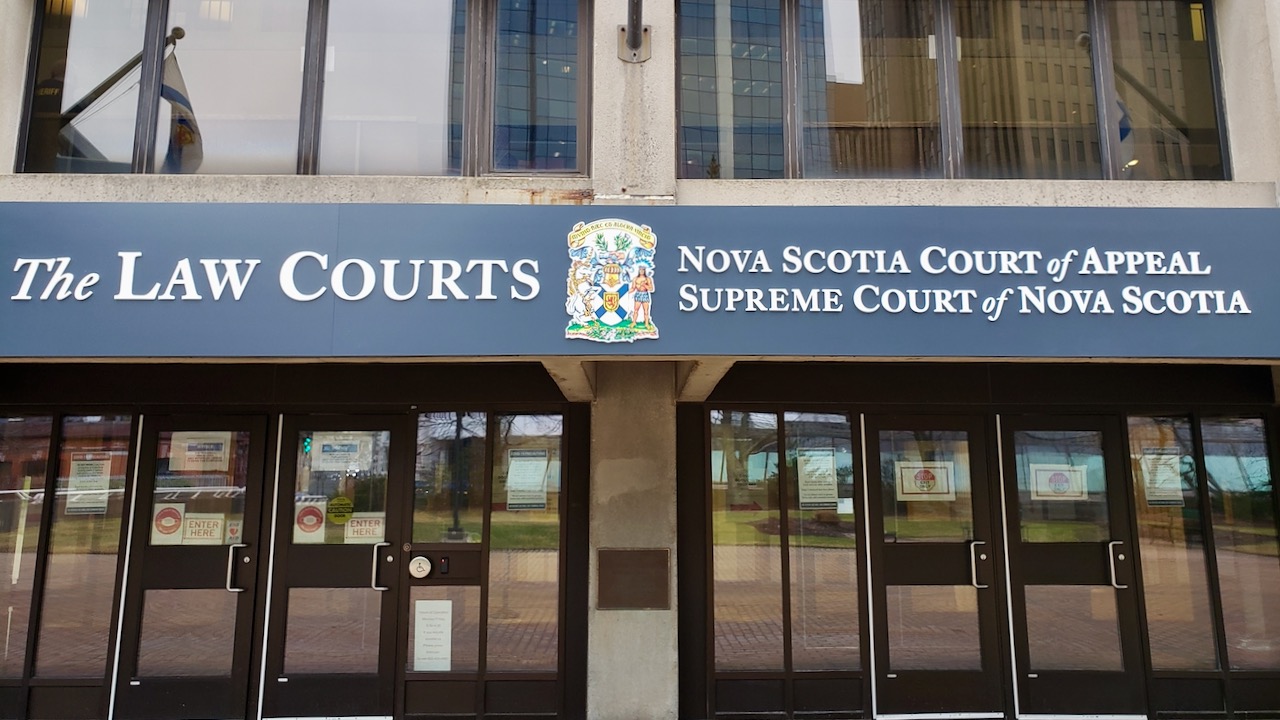Ex-Bacchus bikers challenge convictions for extortion
Appeal in Nova Scotia's top court questions impartiality of Crown expert witness

caption
Justice John Keith ruled against an application for damages under the province's cyber-bullying legislation this week.Three former members of the Bacchus Motorcycle Club are seeking to overturn their 2018 extortion convictions, arguing new evidence calls the testimony of the Crown’s expert witness into question.
David John Pearce, Duayne James Howe and Patrick Michael James were convicted in July 2018 for extortion committed to benefit a criminal organization. In his decision, Nova Scotia Supreme Court Justice Peter Rosinski designated Bacchus a criminal organization, a first for Nova Scotia.
The case goes back to 2012. A man, known as R.M. due to a publication ban, attempted to bring a chapter of a Montreal motorcycle club with no criminal affiliation to Nova Scotia. Rosinksi said the three men threatened, intimidated and extorted R.M. in an effort to maintain the “power of the patch.” Bacchus had a three-patch ranking, the highest of the one-percenter outlaw motorcycle club designations.
All three were sentenced in November 2018. Pearce, Howe and James have been serving sentences for 18 months, two years, and three years respectively. Howe and Pearce were also sentenced to three years’ probation during which they are forbidden to associate with any members of, or people connected to, any outlaw motorcycle clubs. Related stories
The Nova Scotia Court of Appeal heard arguments to overturn those convictions on Tuesday.
Leonard Hochberg, the lawyer representing Howe and James, argued that new evidence brings the impartiality of a Crown expert witness on outlaw motorcycle gangs into question. A transcript was presented from a preliminary hearing in which Sgt. Leonard Isnor testified that he felt personally victimized and intimidated by members of the Hells Angels while on duty at a biker gathering. This experience, Hochberg argued, could mean that Isnor was biased against all motorcycle clubs.
Hochberg also questioned whether Isnor had enough specific knowledge of the Bacchus Motorcycle Club to be an expert witness in this particular case, and took issue with the criteria Isnor used to justify the designation of Bacchus as a criminal organization.
Glenn Hubbard, a lawyer for the Crown, responded that this new evidence had no ability to affect the outcome of the trial. He argued that Isnor had offered very similar testimony before the incident described in the transcript, and that the appellants did not present sufficient evidence to call Isnor’s expertise or impartiality into question.
Admission of criminal records
Peter Planetta, a lawyer representing Pearce, argued that the criminal records of the former Bacchus members were not relevant to the case and should not have been admitted into evidence. Their admittance, he argued, had a prejudicial effect on the outcome.
Hubbard responded that their criminal records are necessarily relevant to a case that was to determine if Bacchus is a criminal organization. He said the fact that almost 60 per cent of members have criminal records is important evidence to that effect. Pearce, Hubbard said, had been charged with firearms offences for which he received a conditional discharge.
Trial delays
Planetta also argued that delays in the trial may have violated the defendants’ right to be tried within a reasonable period of time. That right is protected in Section 11b of the Charter of Rights and Freedoms, and concerns the period of time between the laying of the charge and the conclusion of the trial.
The original charges in this case were laid in 2012. The trial was already in process when in 2016 the R. v. Jordan case introduced a new, stricter framework for the time considered reasonable for a trial to take place. Planetta said it’s wrong to blame the defence for a number of those delays, and that if those delays were attributed to the Crown, it would put the time frame well over the limit, or ceiling, prescribed in R. v. Jordan.
Once the presumptive ceiling is exceeded, the burden is on the Crown to prove delays were not unreasonable on the basis of exceptional circumstances. If they can’t, all proceedings will be stayed. In this case, where the three men have already been sentenced and served time, that could mean any unfinished sentences and probation periods would end and the men would be free.
There was debate in court about whether the Jordan principle should apply to this case as the majority of the proceedings and delays took place before the new criteria were introduced.
Hubbard responded, arguing there was no error in attributing delays to the defence, and that because at the time of the trial there was no ceiling for delays, the trial cannot have exceeded that ceiling.
The three justices hearing the appeal — Peter Bryson, Anne Derrick and Edward Scanlan — have reserved their decision until a later date.
About the author
Rose Murphy
Rose Murphy is a multimedia journalist in Nova Scotia. She is interested in stories about unusual characters, small business, resilient communities,...
